President Donald Trump’s felony conviction has sparked global debate—not just in courtrooms but at international borders. Many countries restrict entry to travelers with criminal records. That said, these rules often have gray areas; immigration decisions vary by country and are often reviewed case by case. Former world leaders may be granted special permissions for diplomatic visits and official events.
Here are a few nations where felony status could complicate travel, even for someone as influential as Donald Trump.
Canada
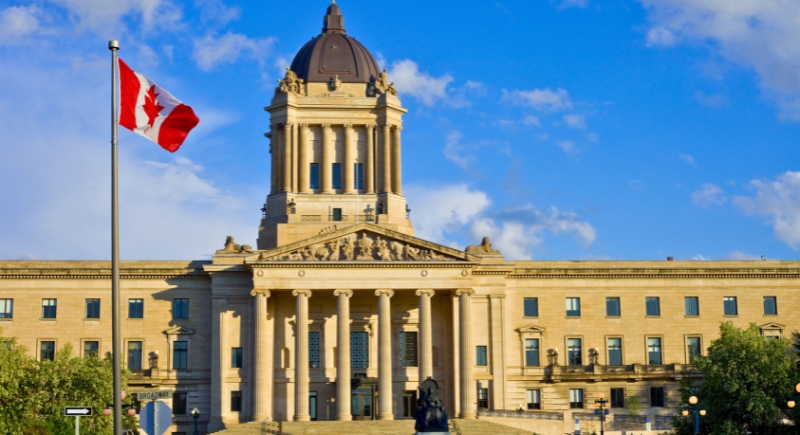
Canada doesn’t care if you’re famous. A felony record usually blocks entry. This means that Trump can’t just show up in the region. He’d need a Temporary Resident Permit or apply for something called Criminal Rehabilitation as a formal process. Until approved, Canada treats him like any other inadmissible traveler.
United Kingdom
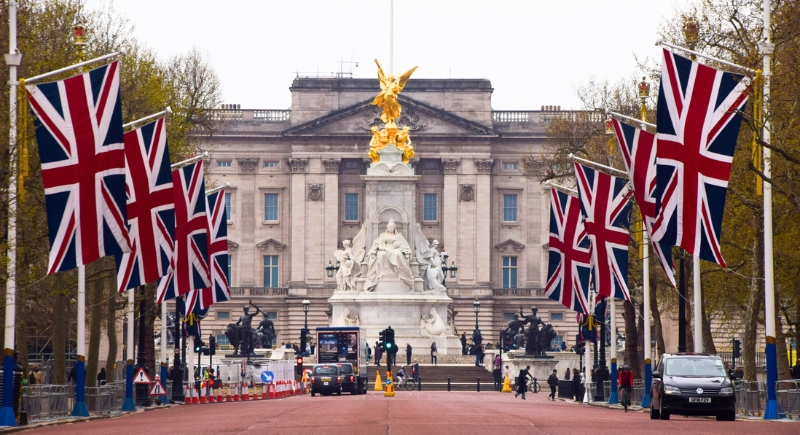
The U.K. checks criminal history before you even board a plane. Anyone with a serious conviction risks being turned away. Trump’s legal issues flagged him and banned his entry. While exceptions exist for diplomatic visits, there’s no automatic pass.
Australia
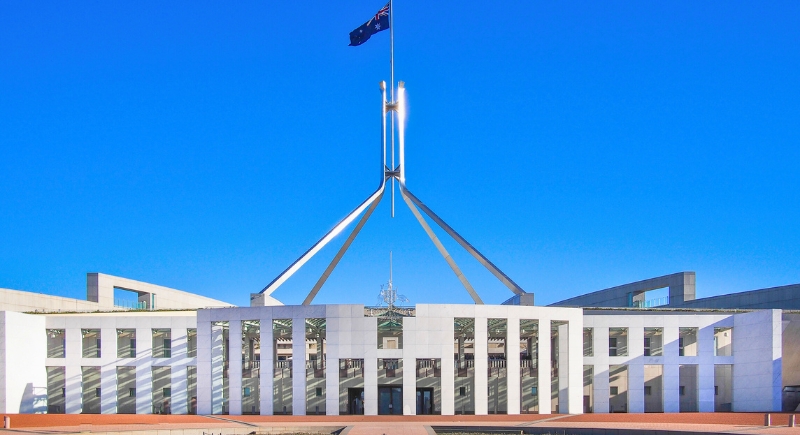
Australia runs a “character test” on all visa applicants, and that’s not just a phrase. If you’ve served a sentence of 12 months or more, expect a problem. Trump’s case would definitely be reviewed, even though political guests can get exceptions. However, nothing here gets waved through casually.
New Zealand
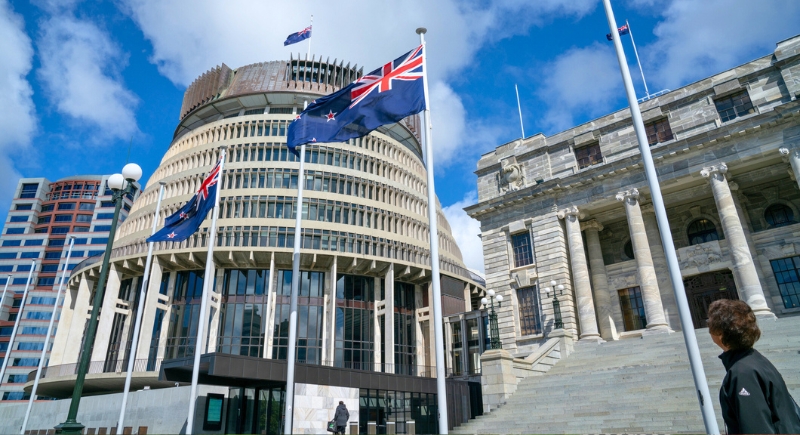
New Zealand has tight entry rules for people with criminal convictions, and that doesn’t exempt the president of the United States. They look at the length of the sentence, not just the crime itself. Anyone with a 12-month sentence or more faces serious pushback. Trump would need a very specific reason—and serious government support—to be let in.
Japan
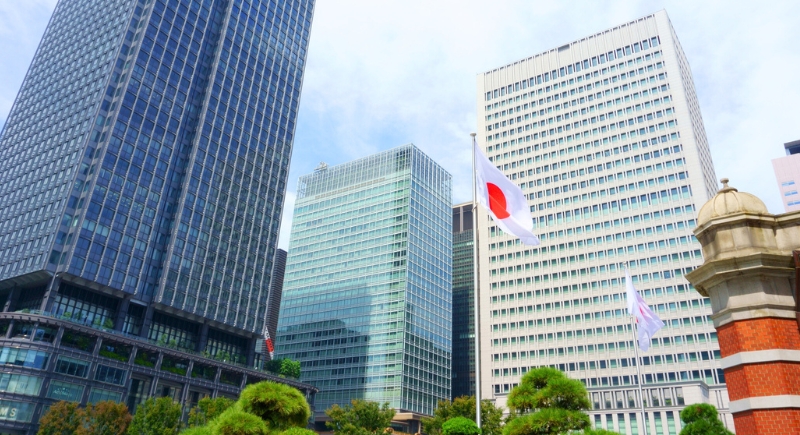
Japan doesn’t sugarcoat its policy. If you’ve been convicted of a crime punishable by over a year in prison, it can block entry, no matter where it happened. Japan asks travelers to disclose that upfront. Trump’s visit would need special clearance before his wheels touch down.
China
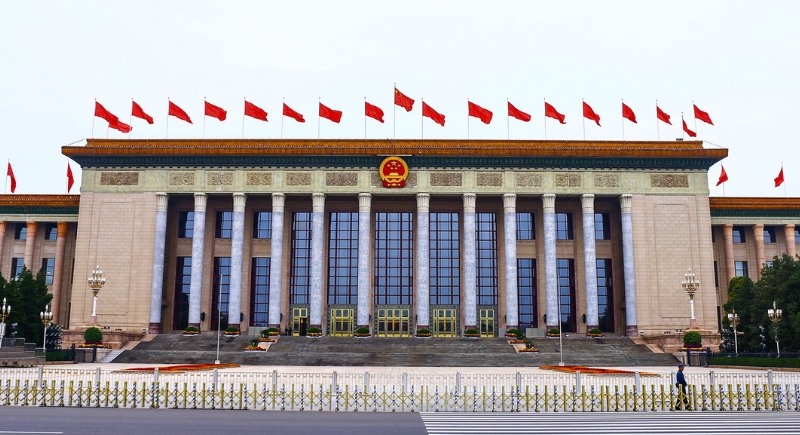
Background checks are standard for China, and this country lists clear rules about foreign convictions. A felony could slow or stop the visa process. Still, decisions here often reflect current diplomatic ties. If Beijing sees a visit as useful, Trump might get in. If not, no dice.
India
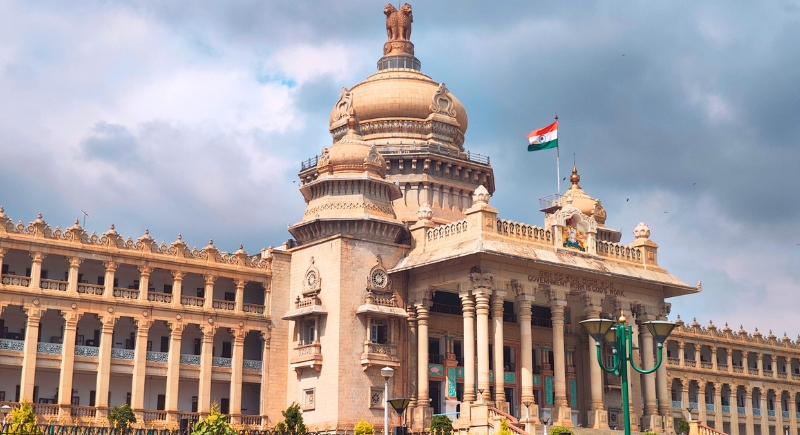
India asks every visa applicant about their criminal history. A felony triggers more screening. But India doesn’t ban automatically. The government looks at intent, risk, and relevance. For Trump, it would likely depend on whether the trip supports India’s political or economic interests. Nothing’s guaranteed either way.
Singapore
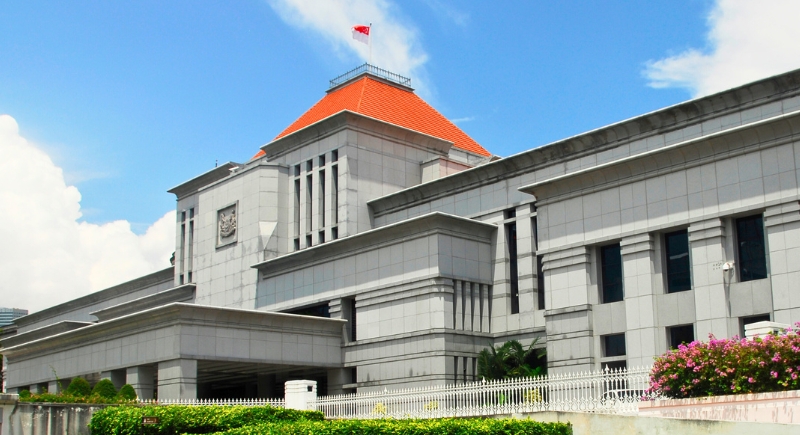
Singapore tightly controls who enters, and a criminal record can stop anyone at the airport. Felonies don’t always mean a hard no, but officials take them seriously. Trump would probably need formal invitations or a clear reason to visit. Pre-approval from government channels is necessary.
Brazil
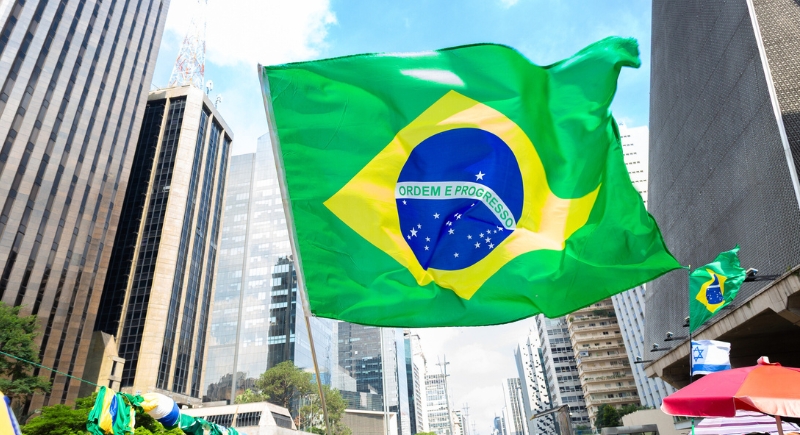
Brazil’s immigration law allows them to deny anyone with a serious conviction. But the country also makes room for discretion. High-profile figures sometimes get a pass—especially if they come for business or official reasons. Trump’s visit would need advance clearance and a valid diplomatic purpose.
Argentina
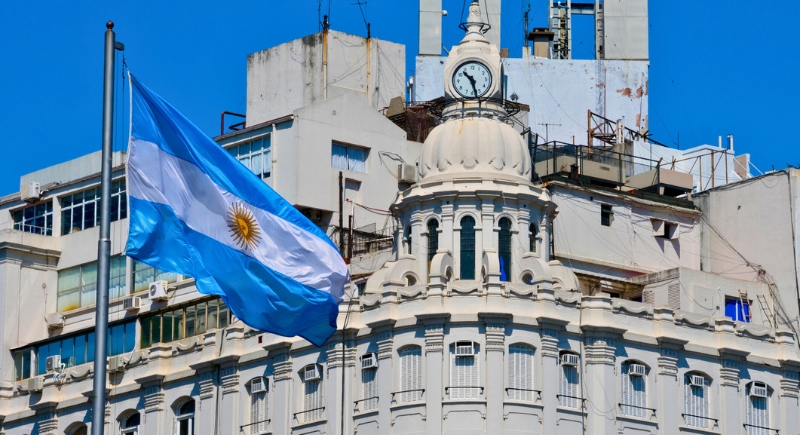
Argentina flags travelers with criminal records, but the system is flexible. Immigration officers have the final say. If Trump shows up for a global summit or diplomatic event, they might wave him through. But for a casual trip, a felony record could be enough to turn him away.
South Africa
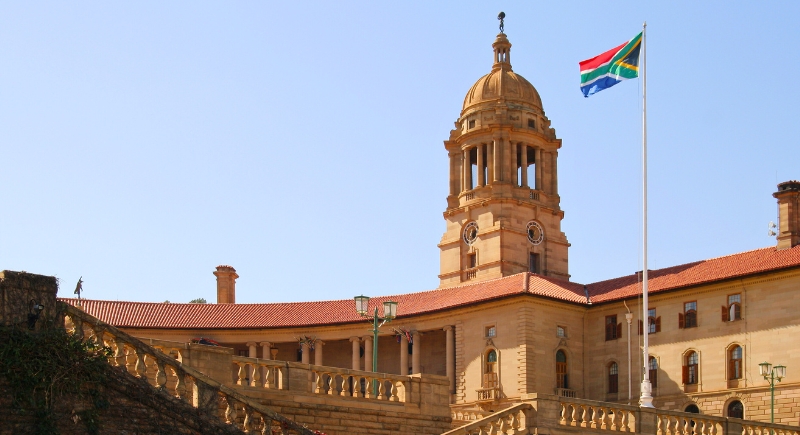
South Africa checks criminal records during visa reviews, and a felony doesn’t guarantee a ban, but it raises red flags. Immigration officers decide based on the type of crime, how recent it was, and why you’re visiting. Trump would need a strong reason—and likely, some political backing.
Indonesia
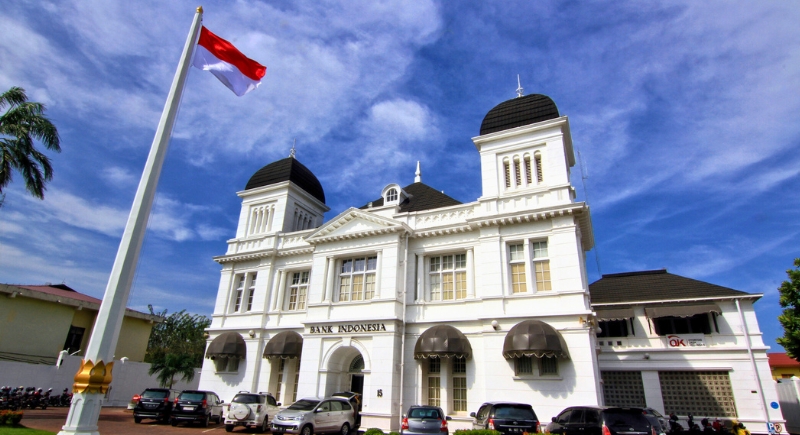
For Trump, a felony can block entry in Indonesia since the country asks travelers to disclose any criminal history, especially if the crime involves violence or fraud. Still, officials have room to make exceptions. High-level guests sometimes get clearance, but they need strong justification. Trump would need that—plus government coordination in advance.
Malaysia
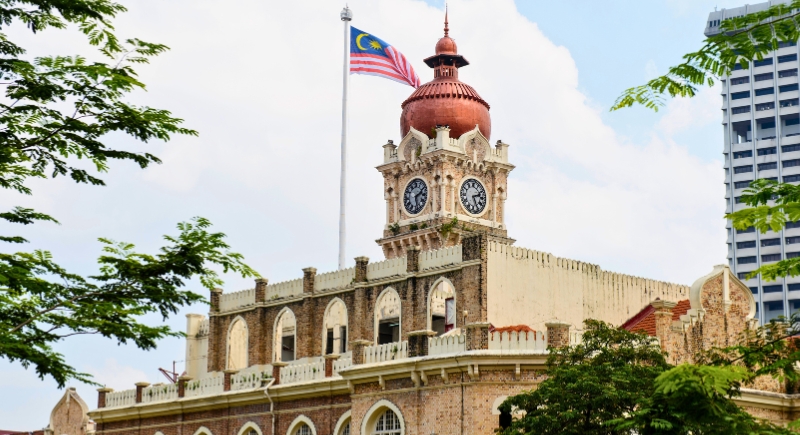
Malaysia doesn’t allow entry to travelers with serious convictions unless immigration grants a special pass. Felonies fall into that category. The government weighs risk and reason. If Trump visited for something official, they might make an exception.
Kenya
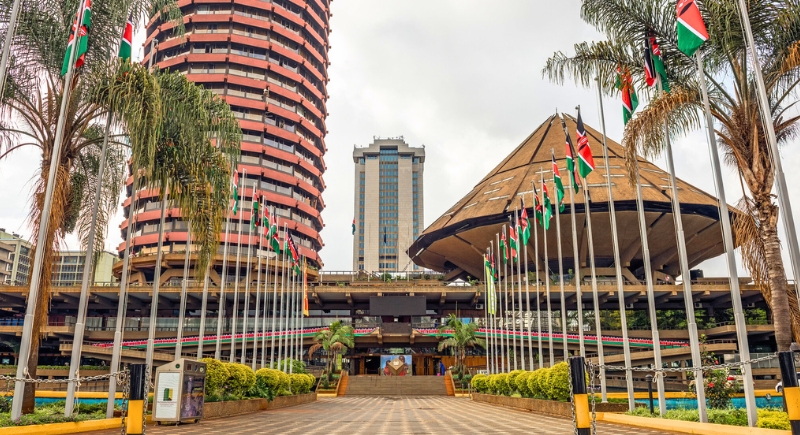
Even though Kenya’s immigration system doesn’t work off a strict list, it can still deny entry to anyone with a criminal record, including felonies. Trump’s case would also be reviewed. Political value and timing would shape the final decision.
Mexico
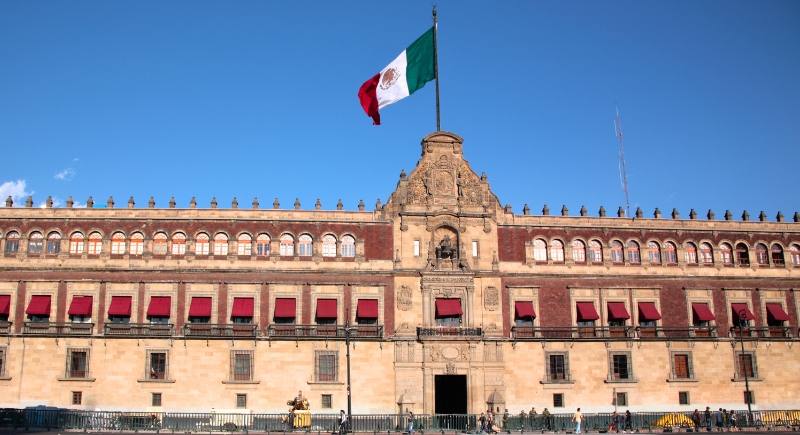
Mexico can block travelers with felony convictions, especially if they relate to public safety. Background checks are part of the visa process. Still, Mexico handles cases individually. If Trump visits for diplomacy or official talks, there’s a good chance they’d approve it.